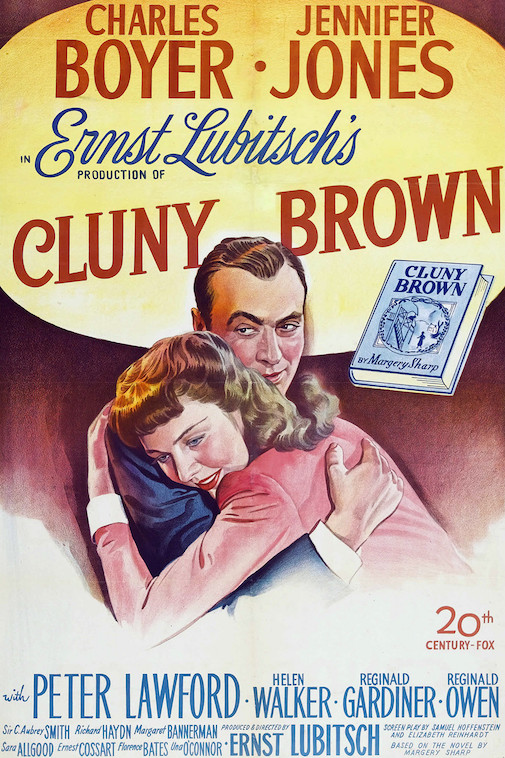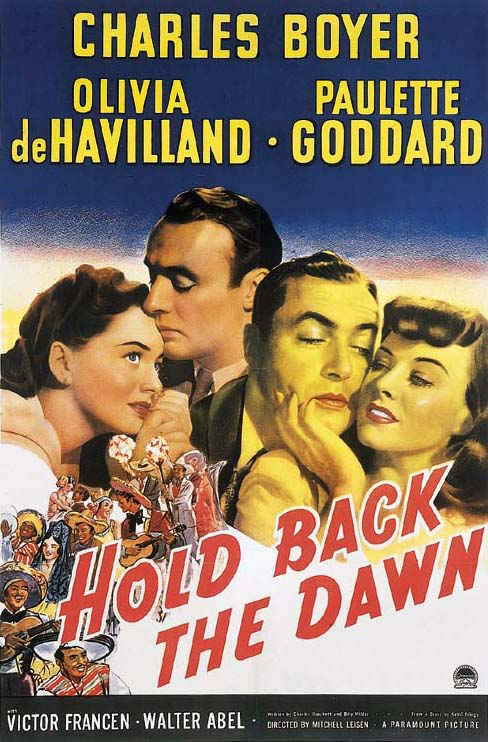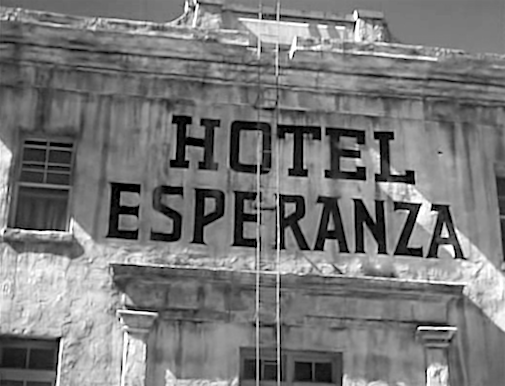Jennifer Jones Centennial: Cluny Brown (1946)
 Thursday, February 28, 2019 at 3:00PM
Thursday, February 28, 2019 at 3:00PM For the Centennial of one of Oscar's largely forgotten superstars, we asked Team Experience to pick one of her films to watch.
 by Paolo Kagoaoan
by Paolo Kagoaoan
We’ve done centennials here before but this one comes with some degrees of difficulty. It doesn’t help that someone changed her name from Phylis Lee Isley into the whitest name in the world, and that the person who gets more Google results for that name is a curler. As a Canadian I can’t say anything bad about curling, but shouldn't a Best Actress Academy Award winner be on at least equal standing to a Gold medallist? Look up all the women who have had five Oscar nominations and a win (Bancroft, Sarandon, Hepburn, Maclaine, etc...) and imagine the world forgetting them. Explaining Jones to friends is equally difficult, even to people in the film industry who know her second husband's name, David O. Selznick.
I’d only previously seen Jones in Beat the Devil, a terrible dengue fever dream of a film. And it’s on TV all time instead of films with better reputations like Portrait of Jennie, which is her highest rated film on both iMDb and Rotten Tomatoes. Or Cluny Brown, her film with the highest rating on Letterboxd, and one that also came out the same year as Duel in the Sun (the film that brough her her 4th conseuctive Best Actress nomination) so that's what I picked to watch...






